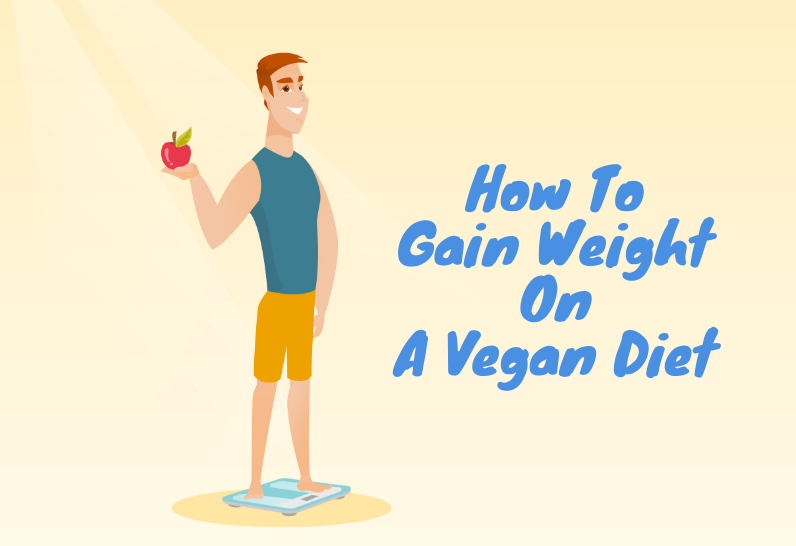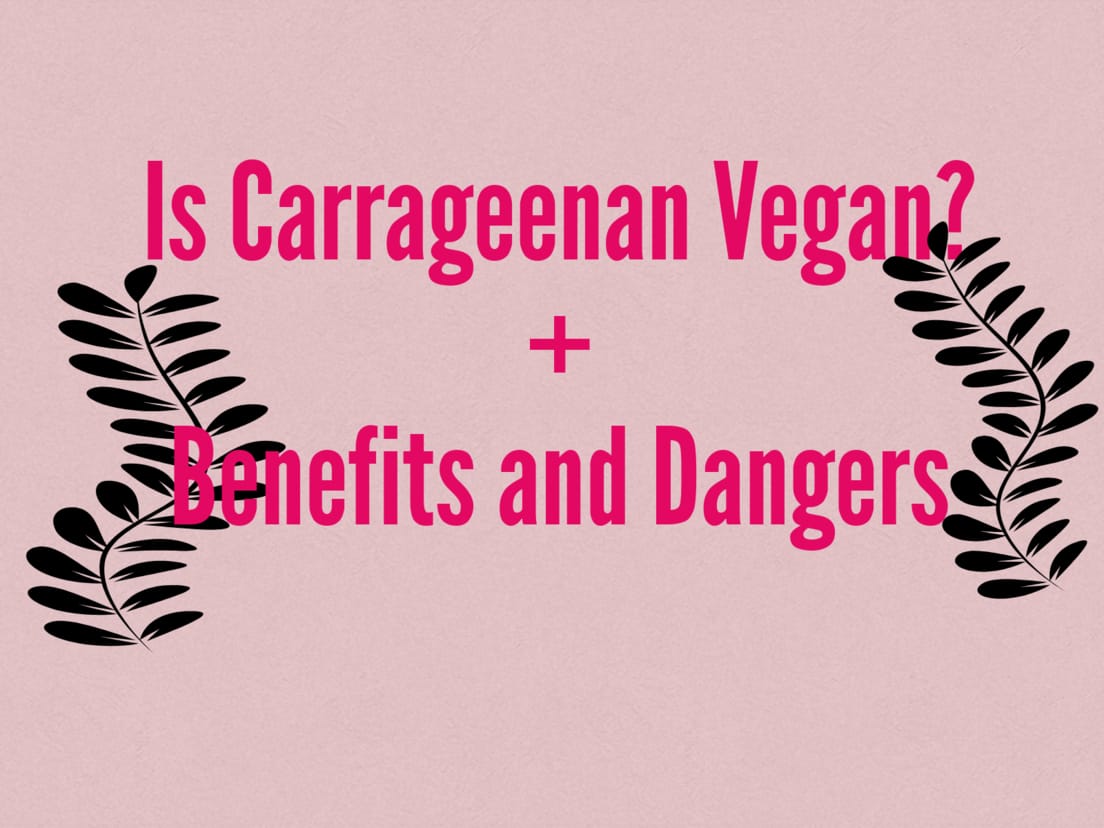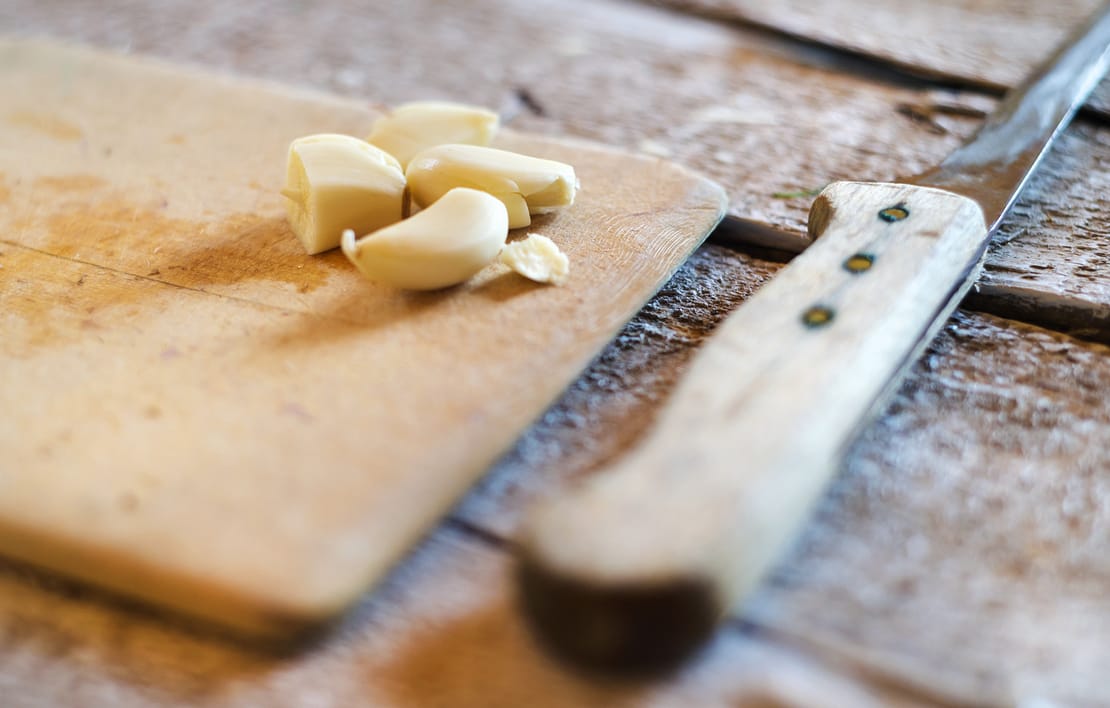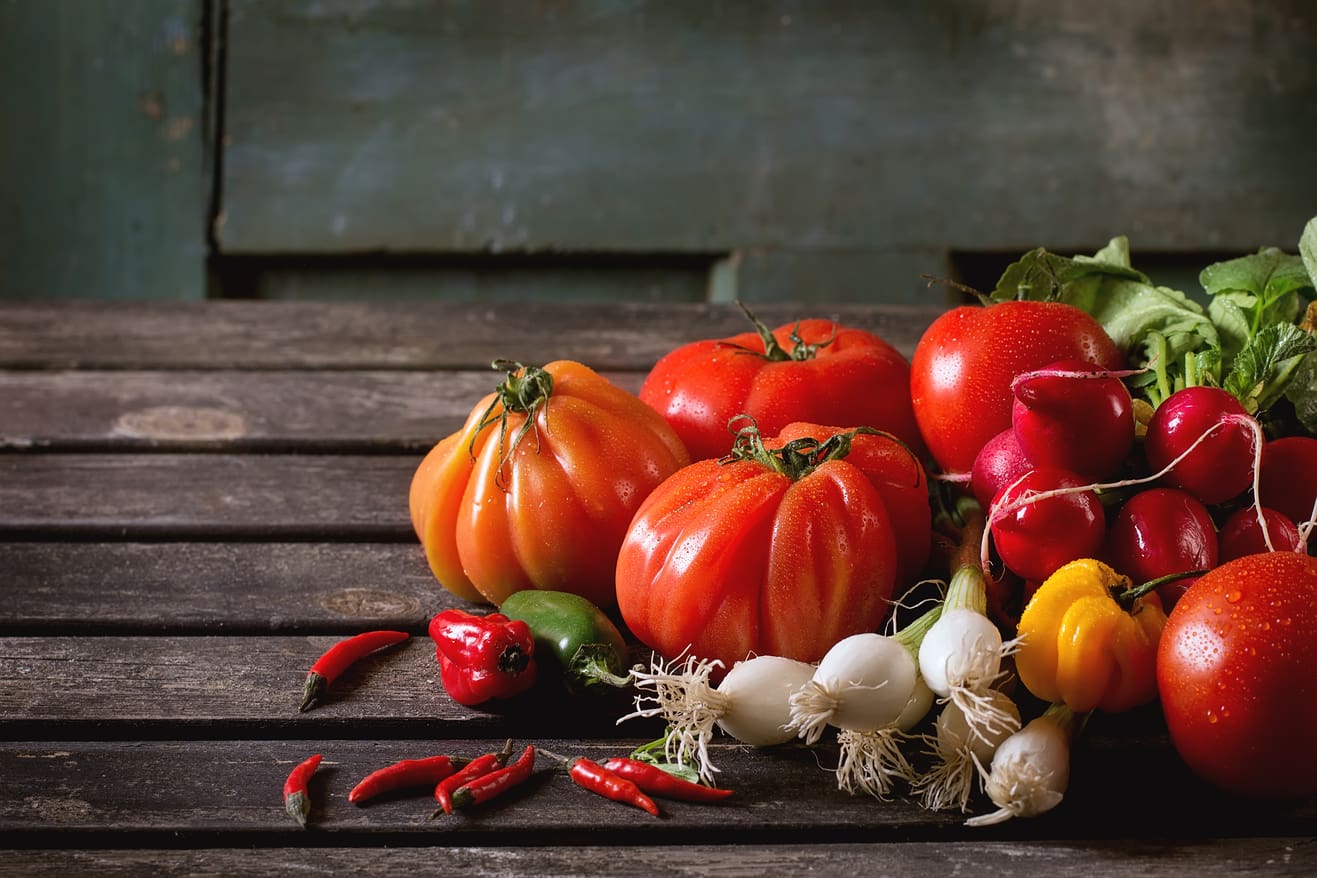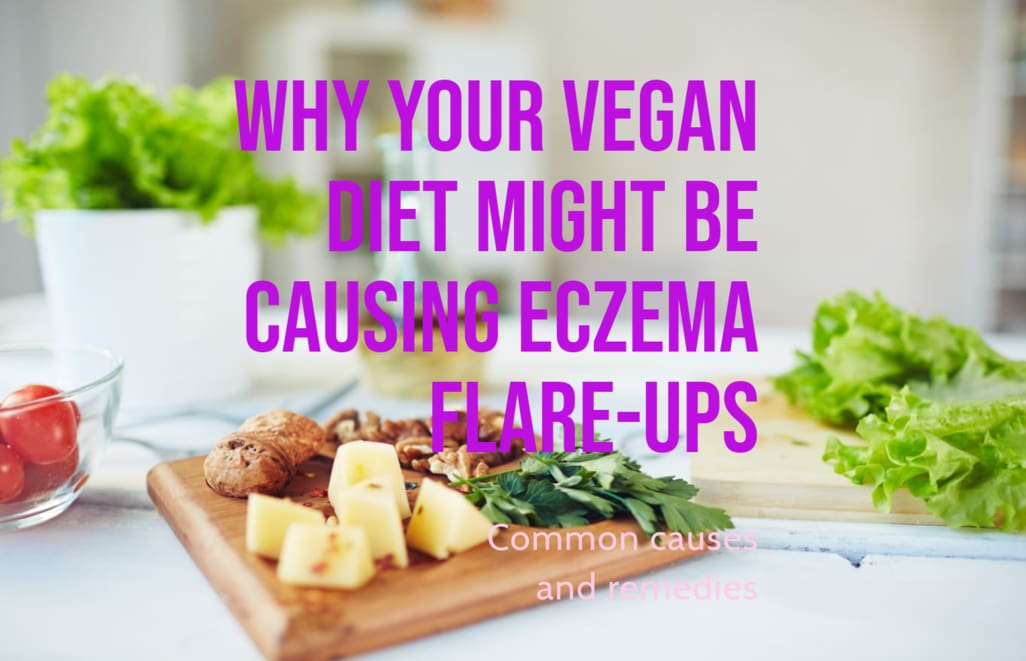Disclosure: This article may contain affiliate links. If you decide to make a purchase, I may make a small commission at no extra cost to you.
Stevia has been used commercially for decades in some countries, where it’s used in foods and supplements as a zero calorie sweetener. Stevia extracts and its derivatives also go under other names such as Rebiana, Truvia, and Purevia. And like many other sweeteners, stevia has also had its fair share of controversy, causing some vegans to search for alternatives.
So while stevia is vegan-friendly, there have been many questions raised about its safety in humans. In this article, I will look at the evidence behind the benefits and dangers of stevia leaf extract and its derivatives.
What is Stevia?
Stevia is extracted from the plant species Stevia rebaudiana, which is natively grown in Brazil and Paraguay. But it’s not new, it has actually been used for over 1500 years by people who lived in South America [1].
And boy is it sweet! The compounds found in stevia leaf which are responsible for its sweetness can be up to 200-400 times sweeter than sugar, while the raw leaves of the plant itself can be 40 times sweeter. This means that it takes a very small amount to sweeten food or vegan supplements.
The US and the European Union have only approved the US of stevia additives for use in foods in the last decade, but Japan has been using the sweetener since the 1970s.
In 2019, highly purified steviol glycosides can be added to food products in the US and many other countries and are generally recognized as safe (GRAS) [2].
How sweet is it?
These are some of the major steviol glycosides found in the stevia plant. Products that you will find in many supermarkets and stores in the US will contain highly pure Rebaudioside A.
| Steviol glycosides | Sweetening power relative to table sugar |
| Stevioside | 150 – 300 x |
| Rebaudioside A | 200 – 400 x |
| Rebaudioside B | 300 – 350 x |
| Rebaudioside C | 50 – 120 x |
| Rebaudioside D | 200 – 300 x |
| Rebaudioside E | 250 – 300 x |
| Rubusoside | 110 x |
| Steviolbioside | 100 – 125 x |
| Dulcoside A | 50 – 120 x |
Source: Nutr Today. 2015 May; 50(3): 129–134
There are three types of stevia which are used:
- Green leaf stevia – While this form is less processed, it has some disadvantages such as being only up to 15 times sweetener than sugar. And because it contains steviosides and rebaudiosides, there may be a bitter aftertaste that you don’t get with other refined and purified forms of stevia leaf extract.
- Stevia extracts – These extracts are widely used in the US and have to be highly purified (95% + of rebaudioside A glycosides) for them to be allowed in food products. One advantage of using stevia extracts is that you get the sweet taste without the bitter aftertaste as you’d get from using the grounded stevia leaves.
- Altered stevia blends – These are considered the least healthy option because of the ways the stevia is processed using chemicals that can be toxic to humans. Not only that, the amount of stevia that you end up within the final product can be very small.
If you’re based in the US and the EU, it’s very likely that you will see that your vegan foods or supplements contain stevia leaf extracts rather than the other two forms. And this is also considered one of the safest options and is recognized as safe by the FDA [3].
Which foods and supplements contain stevia?
Stevia is widely used in a variety of vegan foods and supplements, making it difficult to avoid.
This is just a small list of the foods where you can find stevia.
- Protein Powders (click here for products without stevia)
- Green powder vegan supplements
- Powdered and chewable multivitamin supplements
- Prepared foods such as vegetable soups, beans
- Fizzy drinks
- Soy sauce
- Fruit juices
- Sweets and chocolates
- Chewing gum
Many vegans have complained in recent years to manufacturers of these foods and supplements about the use of stevia, which has resulted in them creating other options that are stevia free.
This is fantastic news because some people do appear to have issues with the sweetener and feel that it affects their health. Other people simply find that products are too sweet when included.
What are the benefits?
Before you decide whether you want to avoid stevia, first let’s look at some of the potential benefits from using it.
1. Great for people transitioning to a vegan diet
If you’re just starting a vegan diet, sometimes it can be difficult to adjust, especially if you’re also cutting out sugar from your diet.
We’re so used to processed foods containing sugar, and we’re always putting sugar in almost everything we eat and drink, it’s normal for foods to taste a bit bland without it.
Your taste buds do adjust in time, and you’ll really begin to enjoy the natural taste of plant-based foods, but you can ease into it by using stevia in your tea and other foods to start with.
It’s certainly much better than pouring the white sugar on your food and tea that’s for sure!
2. It may have anti-cancer effects
It’s too early to say whether or not stevia could be useful in preventing cancer in humans, but there is some research to suggest that the compound steviol may have inhibitory activity against gastrointestinal cancer cells by increasing apoptosis (cell death) [4].
Another recent study looked at the effect of steviol on human breast cancer cells and also found that it has antitumor properties in a dose-dependent manner.
The mechanisms by which steviol caused cell death of cancer cells were an elevation of reactive oxygen species, cell cycle arrest, and induction of genes regulating apoptosis [5]
While these two results are promising, we have to bear in mind that they are “in vitro” studies, so we’ll have to wait for confirmation that stevia has any effect on humans.
3. Help reduce calorie intake
Many vegans have no problem maintaining a healthy BMI, but for those still struggling and can’t quit using sugar, stevia might be a healthier alternative because it’s zero-calorie and can aid in weight loss.
As a reduction in calorie intake has been linked with health improvements and longevity, this may be a very good thing!
4. Safe for people with diabetes
Studies have looked at the effect of sweeteners such as stevia and found them to be safe for people who have problems regulating blood sugar.
Studies show that intakes up to 250-1500 mg per day have no effect on HbA1c, which is a long-term measurement of glucose control and can be safe for people with type 1 and type 2 diabetes [6].
5. Could help reduce blood pressure
If you have any issues with your blood pressure, stevia leaf extract might help lower it a little according to one study [7].
In 2000, a double-blind, placebo-controlled trial showed that when study subjects were given oral stevioside, their systolic blood pressure decreased from 166 to 152 and their diastolic reading dropped from 104.7 to 90.3.
This anti-hypertensive effect of sweetener is thought to be more prominent in those with high blood pressure.
What are the dangers?
As already mentioned, products that contain Rebaudioside A are considered safe and are included in many foods and supplements that are sold in the US.
However, there are guidelines which have determined the acceptable daily intake of stevia that people should limit themselves to, in order to prevent the possibility of negative side effects.
Many studies that have looked at stevia have reported no significant side effects in humans, even those consuming very high amounts of up to 1500 mg.
However, there are some anecdotal reports that people experience issues with using the whole leaf stevia, some of these include:
- Muscle pains.
- Allergic reactions – Be cautious if you have a ragweed allergy and related plants in the Asteraceae/Compositae family.
- Dizziness – could be related to stevia’s effect on blood pressure.
- Stomach pain.
How much is safe?
The recommended amount is 12 mg of highly purified stevia extract per kilogram of body weight [8].
Should vegans consume stevia?
Stevia is a vegan-friendly substitute for sugar and is generally considered safe for use in its highly purified form, but not in its unprocessed form, even though it can be grown at home and is consumed in countries such as Japan.
This may change as more evidence comes in regarding the safety of the herb, but for now, the current evidence suggests that products that contain Rebaudioside A are safe.
Reb-A is also over 200 x sweeter than table sugar and is less bitter than other compounds such as stevioside.
If you’re not currently having any issues with the sweetener, then, by all means, keep using it!
